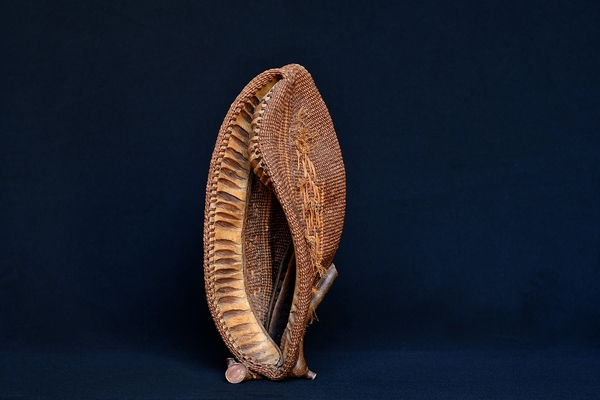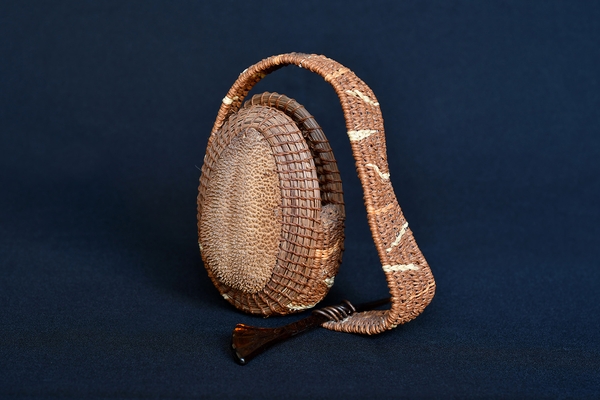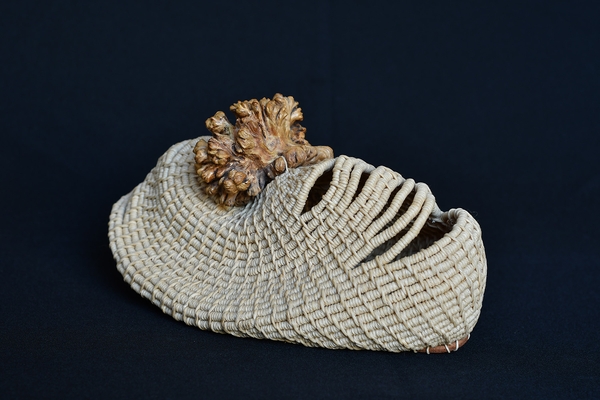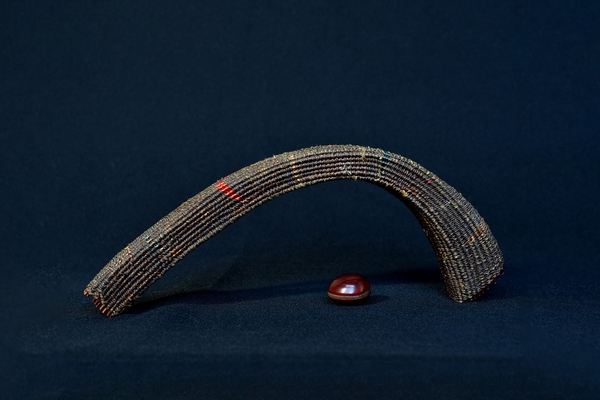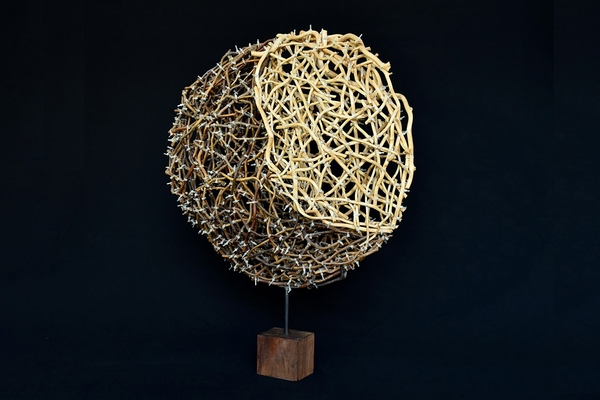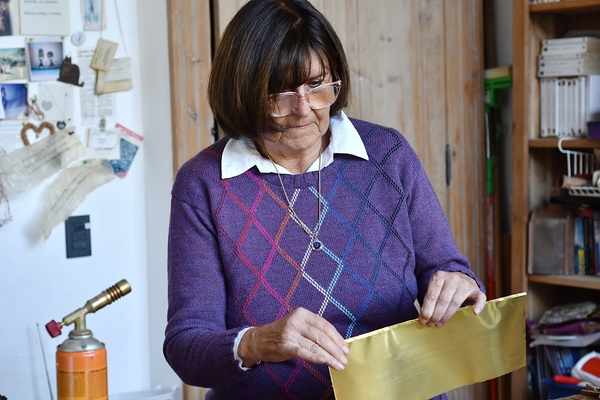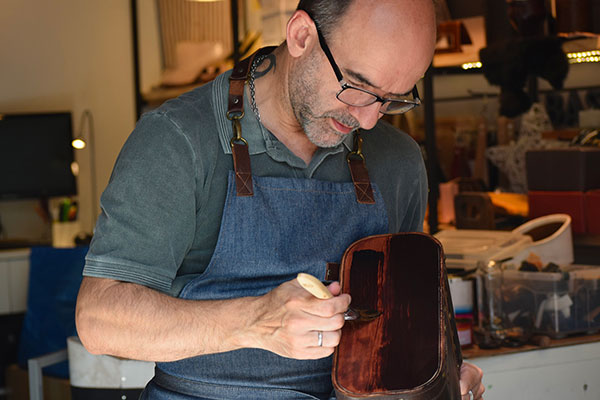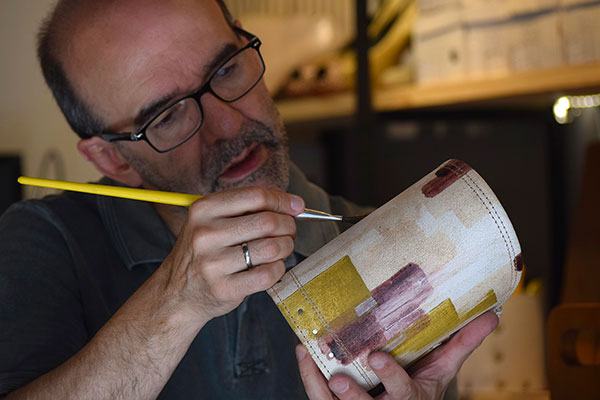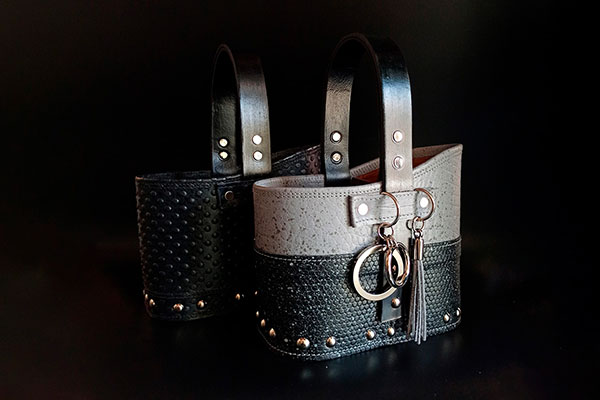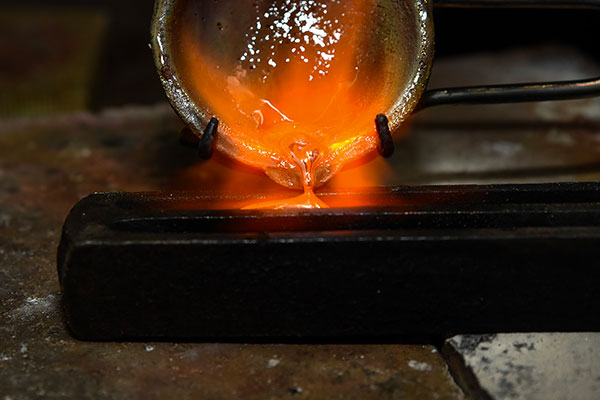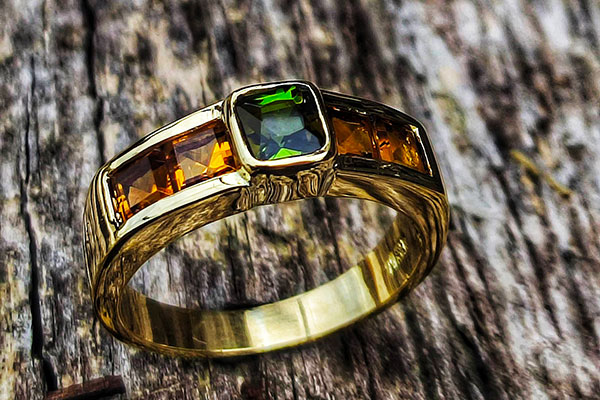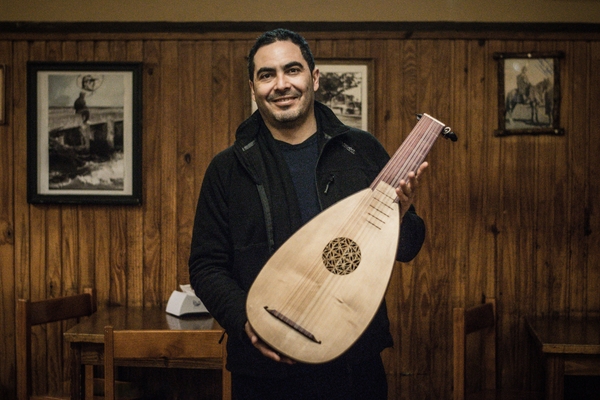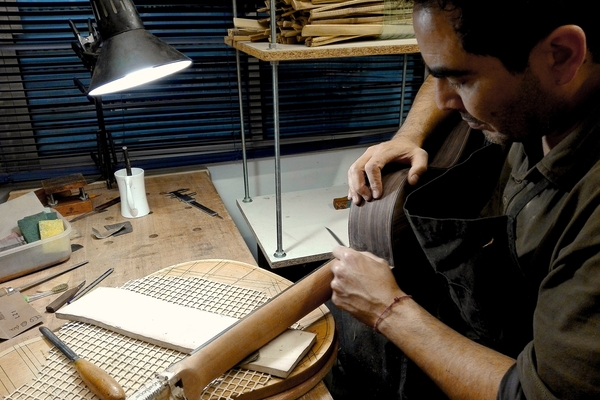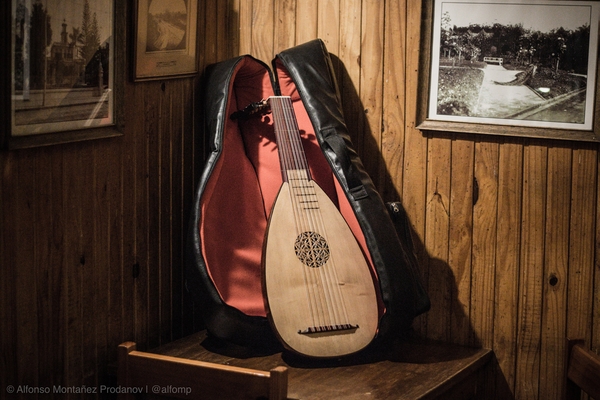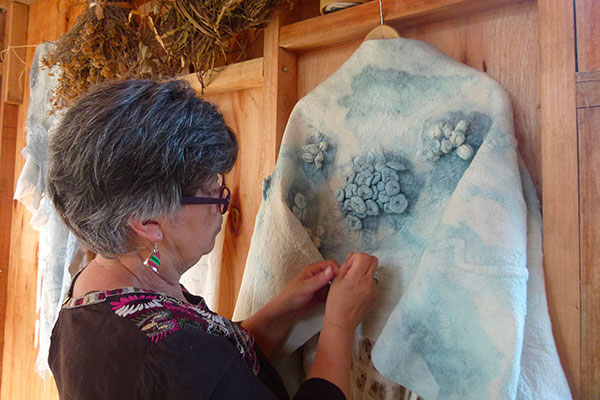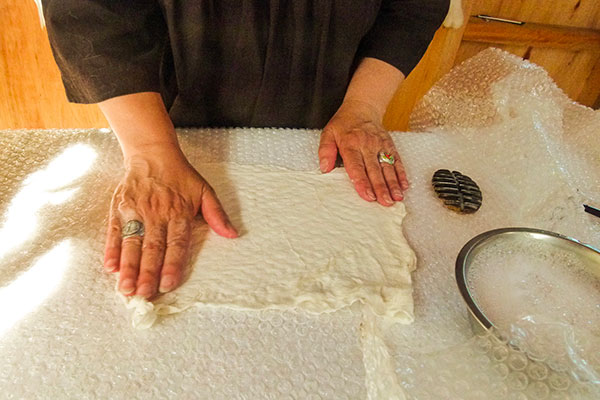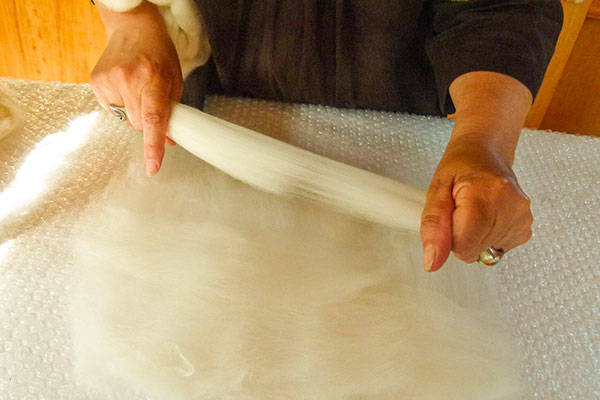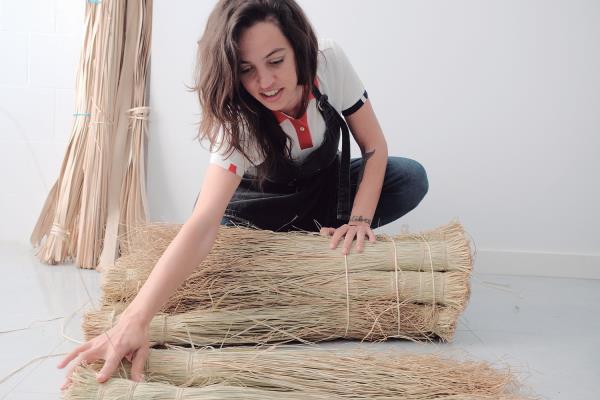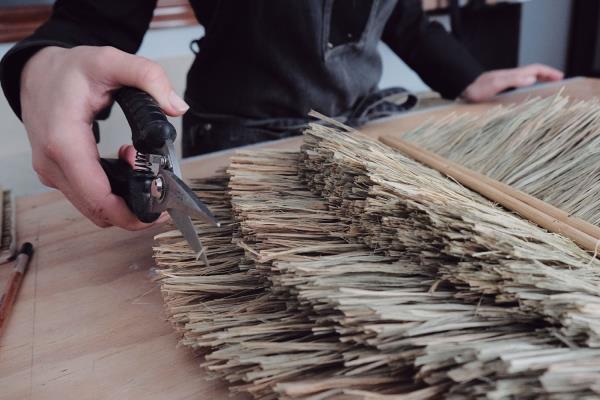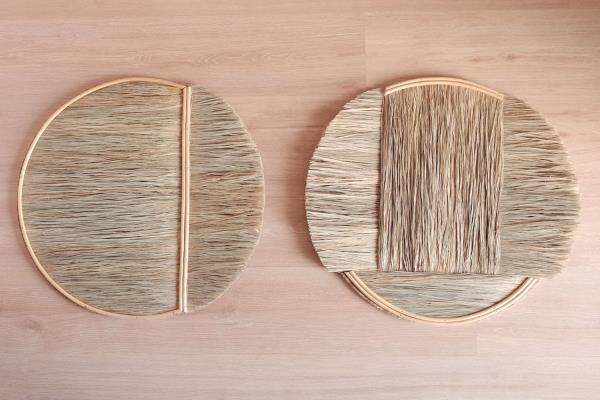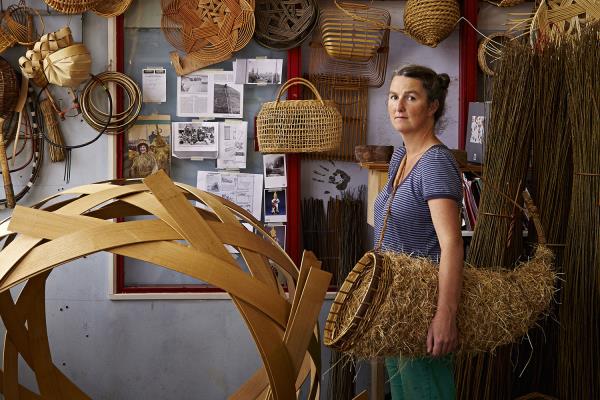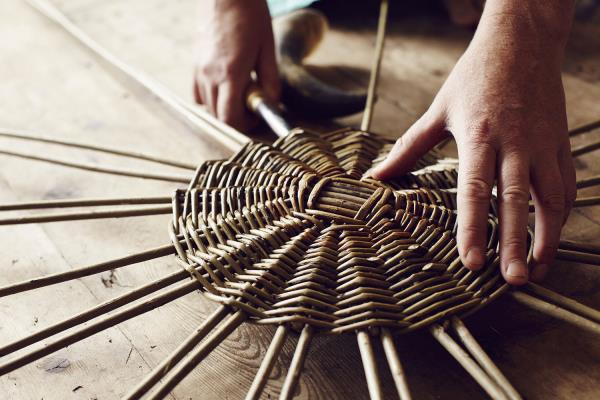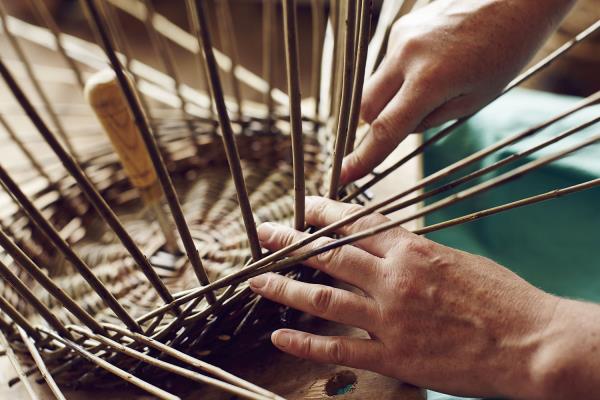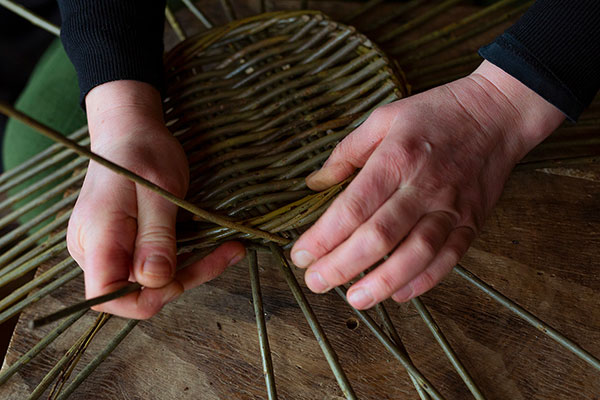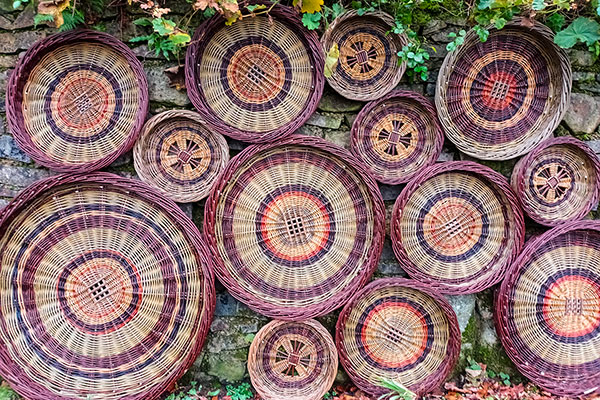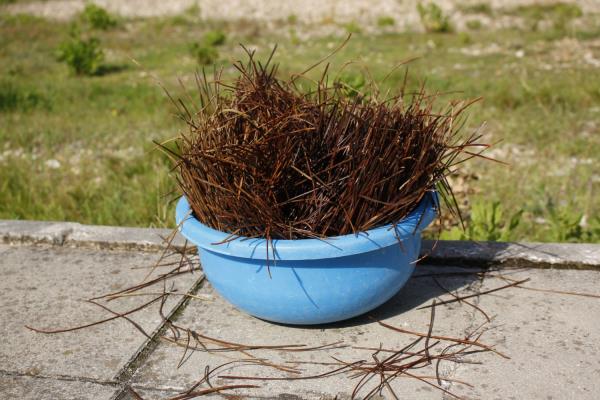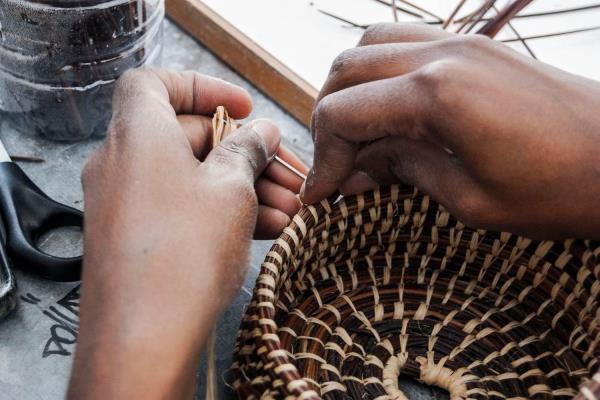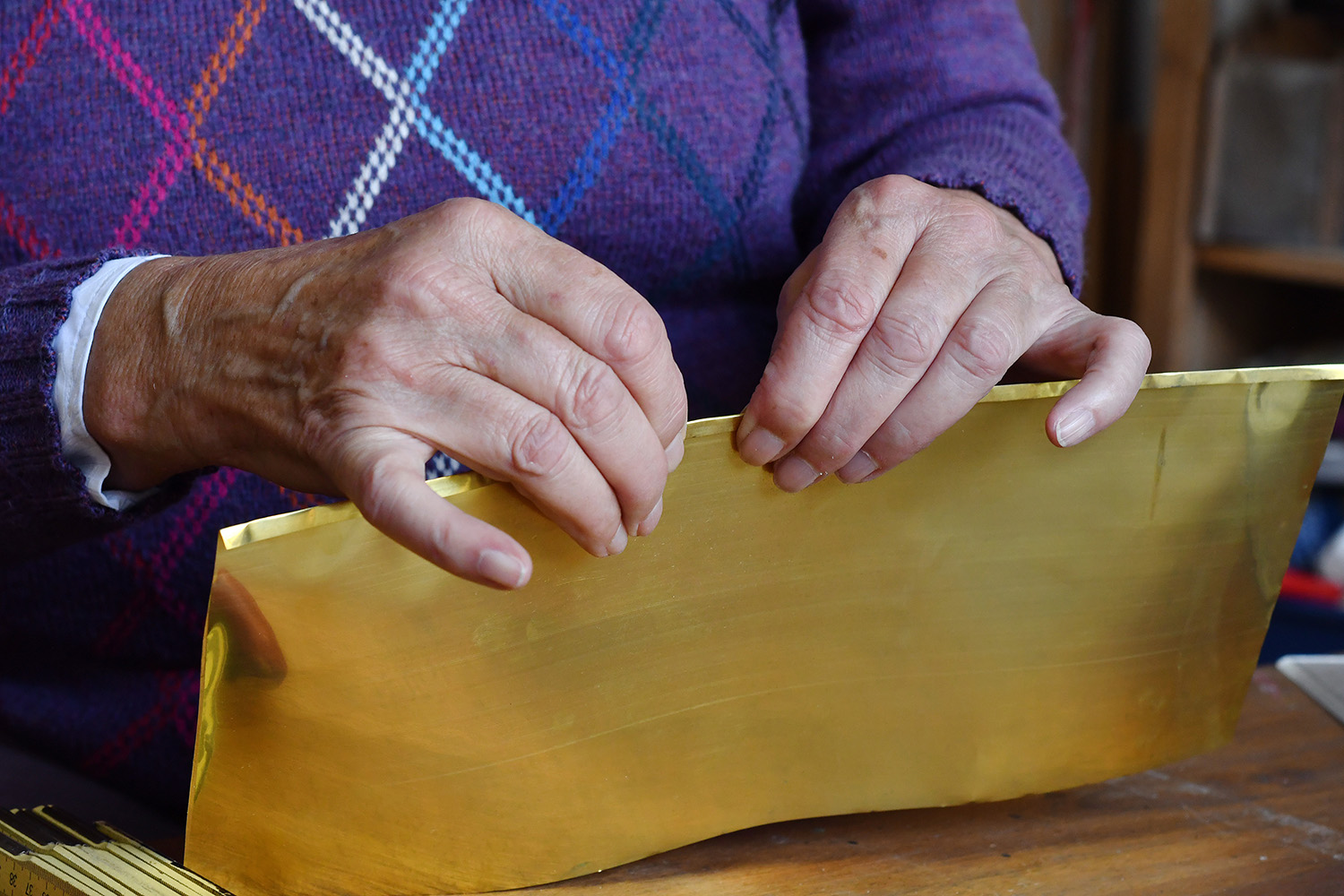
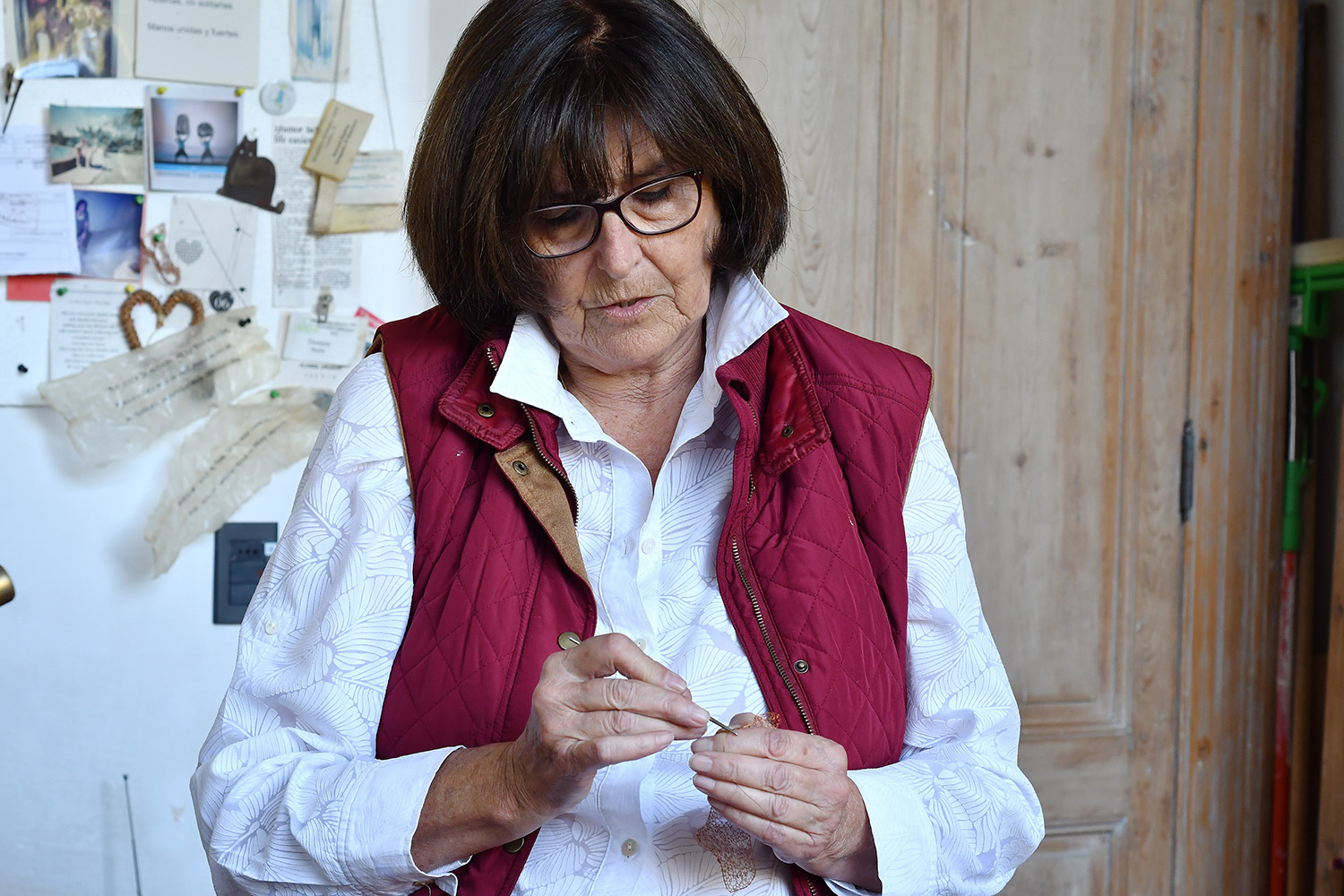
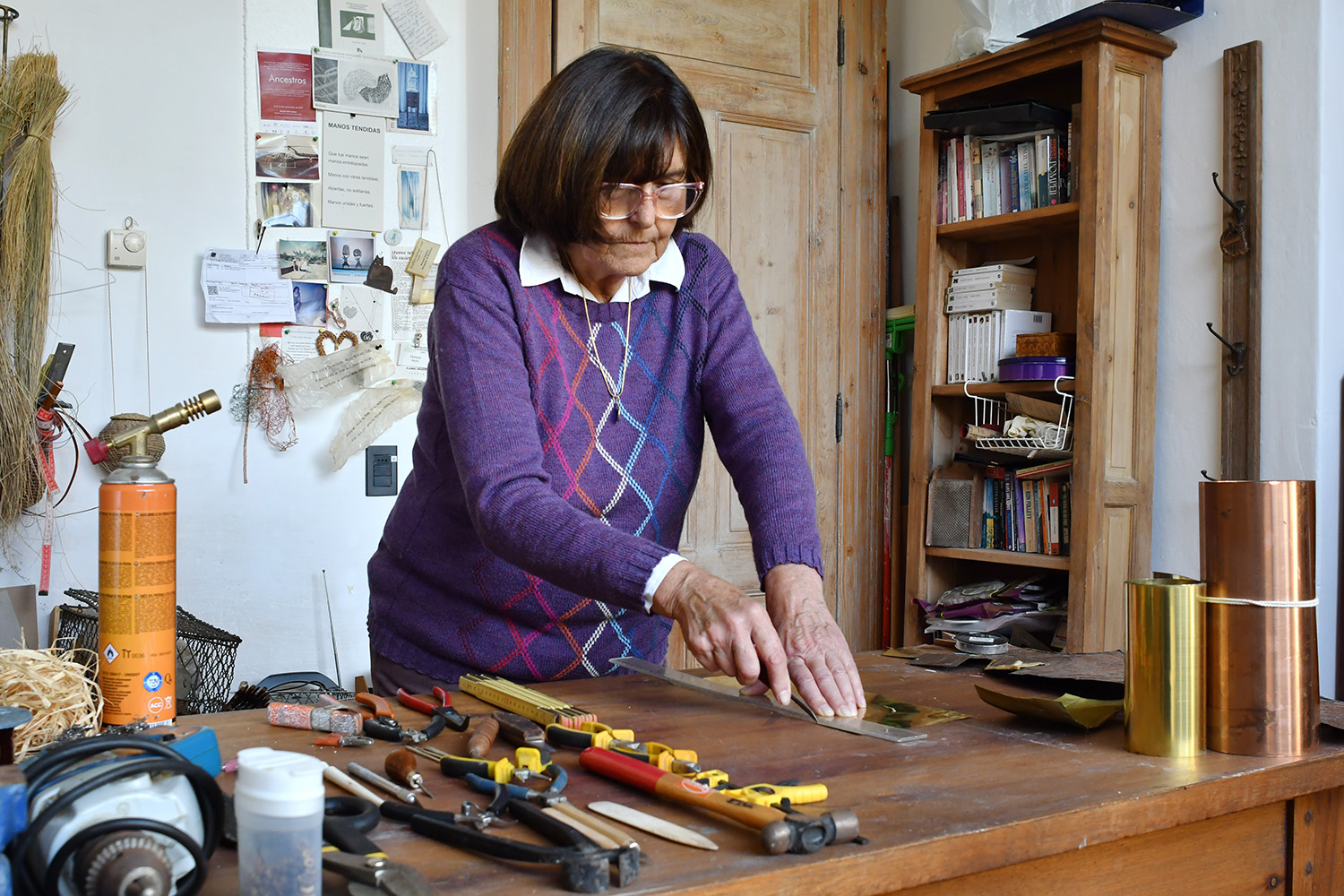
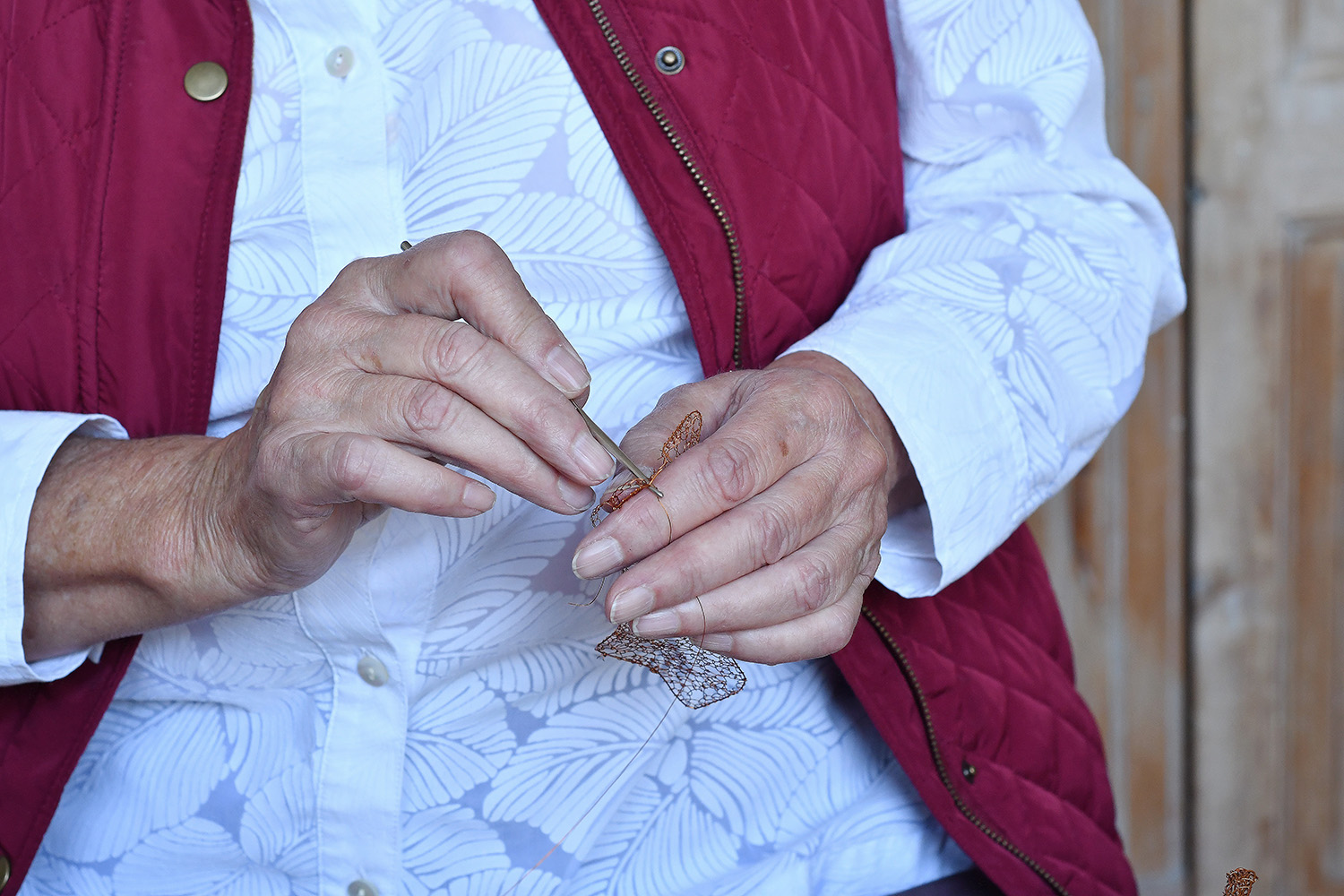
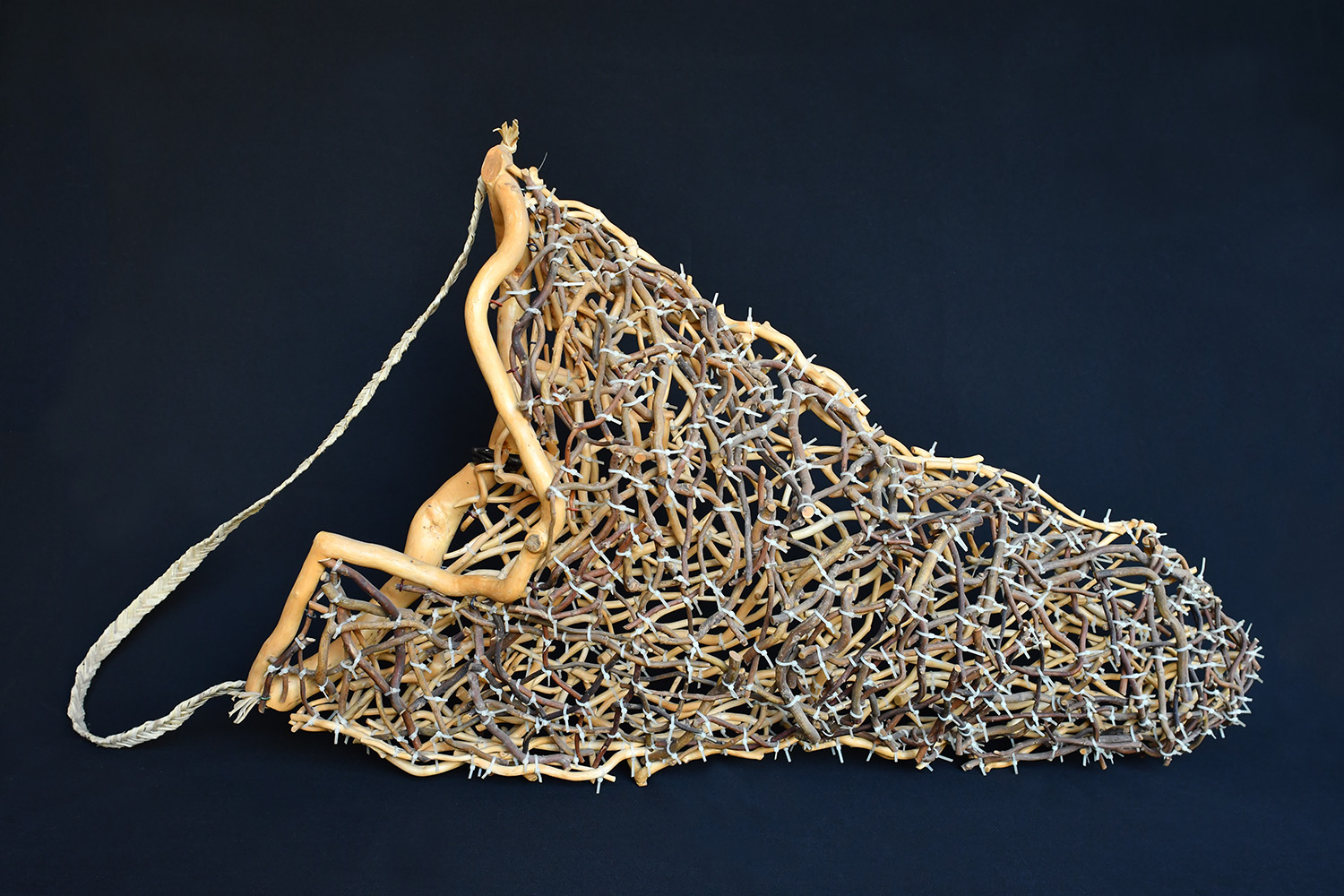





A modern look at basketry
- Doreen is one of the most important artisans in her country
- She works with materials she finds in her surroundings
- She seeks a connection between her works and the viewer
One day in 1998, while abroad, Doreen Bayley bought a magazine in which two artisans in West Virginia were being interviewed: Tom and Connie McColley. After reading it, she decided to travel to the United States and do an intensive one-week course with them. "The workshop was open 24 hours a day. We felled a tree, learned how to debark, made the ribs by hand and the easiest part was weaving. Since then, I attended conventions to learn and perfect different techniques. I took classes with John McQueen, Marilyn Moore, Marilyn Sharp, Jill Nordfors Clark, Cass Schorsch and others," she says. Doreen finds some weaving techniques meditative, relaxing, "while others present challenges that force us to change tactics." Doreen is an intuitive craftswoman who enjoys the freedom to create. "I always let the work show me the way, let me play," she explains. "The walks with my dogs give me the possibility to gather most of the materials I use."
Interview
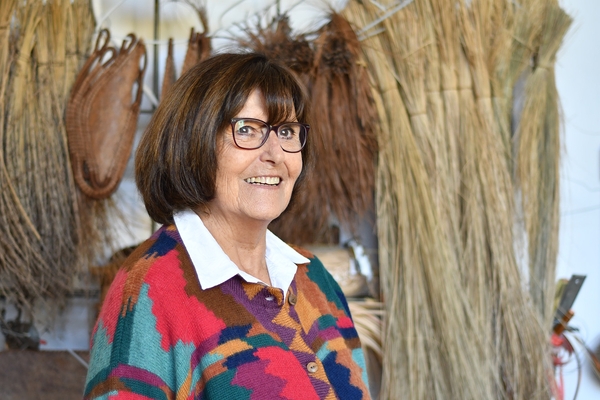
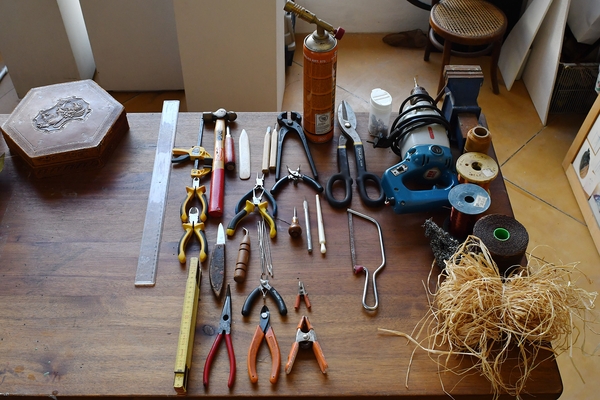
- Why did you choose basketweaving as your craft?
- I have always liked baskets: for me, the concept of containment is very important and the mystery of the internal space attracts me. With basketry, I feel that I can express myself, without caring if the person who sees it feels something.
- What materials do you prefer to use when you work?
- I like Sparta Grass, but I can only use it in coiling, a repetitive and slow but relaxing technique. I use twigs to form larger volumes. I love working with porcine or bovine gut, though it cannot be used for international competitions, so I usually use wire mesh and copper wire.
- Have you experienced creative blocks when working?
- Inspiration can come from bark, a stone, or a seed. It is not always that easy, so I start playing with materials, making samples. Sometimes it works and I overcome the blockage. Once I was so blocked that I took a poetry course, something I would never have done otherwise, but it worked and I enjoyed it.
- How do you see your profession in Latin American countries like Uruguay?
- I think it is an endangered profession. Traditional baskets come from Asian countries, they are beautiful and at good prices. There are also plastic baskets. Here the rural communities maintain the craft as a means of family sustenance and unfortunately, they do not gain from the true value of their work.
Doreen Bayley is an expert artisan: she began her career in 1995
Where
Doreen Bayley
